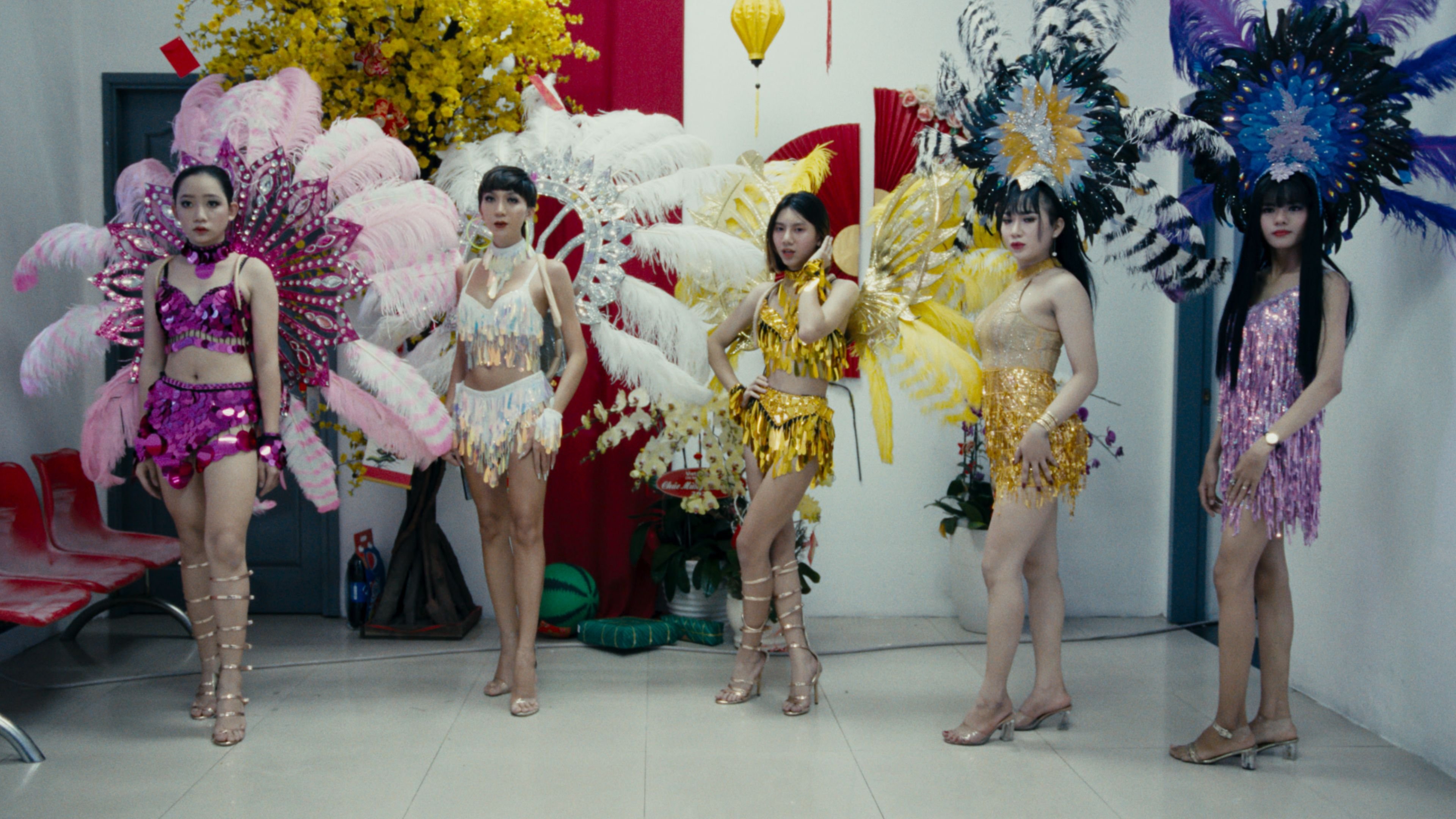
Mother Saigon
Similar Movies
 6.0
6.0Queerkamp(nl)
It takes courage to be a queer teenager at an LGBTQIA+ youth summer camp. Along with 65 other queer youngsters, Faas, Fano, Jeroen, and Finley are on their first summer camp, spending five intensive days of workshops that teach them how they can love themselves more. For the first time in their lives, the youths are surrounded by peers, all struggling with the same problems and feelings. As different as they are, they all share one thing: the need for contact and understanding. Mutual recognition of each other’s childhood or coming-out stories stirs up more emotions than they may have thought. Will this help them get closer to each other and eventually themselves?
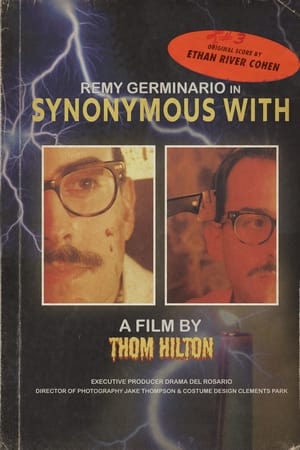 0.0
0.0Synonymous With(en)
A student's increasingly intimate line of questioning causes his interview with a local horror host to take a vulnerable turn.
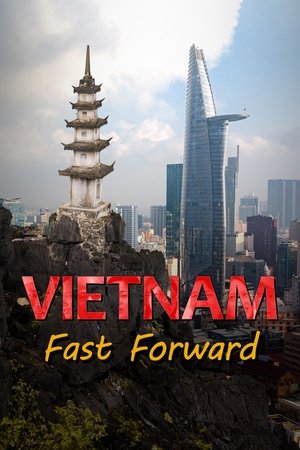 7.0
7.0Vietnam: Fast Forward(en)
An uplifting documentary that explores the human element behind Vietnam’s resurgence as one of the fastest growing economies in the world.
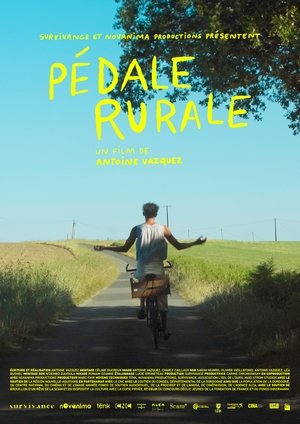 0.0
0.0Country Queer(fr)
Benoît built his paradise hidden from view, emancipated in his own way, resolved to face the constraints of a space which, in imaginations, conflicts with his identity. The countryside. One day, he and other queers from the area decide to organize the first Pride of the Périgord vert, because it is time to come out, to take up space to celebrate, heal, and finally open a path.
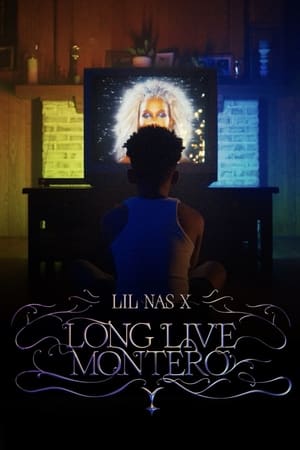 7.0
7.0Lil Nas X: Long Live Montero(en)
A remarkably intimate portrait of an artist on tour navigating identity, family, expectations, and acceptance, all while reflecting on his place within the legacy of Black, queer performers.
 7.7
7.7The Fog of War(en)
Using archival footage, cabinet conversation recordings, and an interview of the 85-year-old Robert McNamara, The Fog of War depicts his life, from working as a WWII whiz-kid military officer, to being the Ford Motor Company's president, to managing the Vietnam War as defense secretary for presidents Kennedy and Johnson.
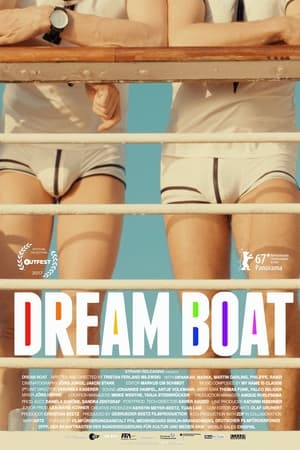 5.5
5.5Dream Boat(de)
A cruise ship and 3,000 men – it is a universe without heteros and women that usually remains a mystery to the outside world. Once a year the Dream Boat sets sail for a cruise exclusively for gay men where most passengers are united by the wish to live life authentically as themselves in a protected place.
The Lies That Led America To War In Vietnam(en)
America's involvement in the Vietnam War dramatically intensified in 1964 after the Tonkin Gulf incident, an incident in which the blame falls squarely on the Johnson administration. What would follow would be a series of misinformation and outright lies from the government to mislead the American public into supporting a war that would become increasingly harder to justify.
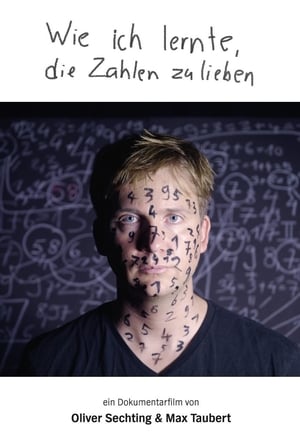 9.0
9.0How I Learned to Love the Numbers(de)
How I Learned to Love the Numbers is a New York film and at the same time the study of a young man suffering from an obsessive-compulsive disorder (OCD). The Berlin filmmaker Oliver Sechting (37) and his co-director Max Taubert (23) travel to New York with the idea of documenting the art scene there. However, the project is quickly overshadowed by Oliver's OCD, and the two directors fall prey to a conflict that becomes the central theme of their film. Encounters with such artists as film directors Tom Tykwer (Cloud Atlas), Ira Sachs (Keep The Lights On), and Jonathan Caouette (Tarnation) or the transmedia artist Phoebe Legere seem more and more to resemble therapy sessions. At last, Andy Warhol-Superstar Ultra Violet succeeds in opening a new door for Oliver.
 0.0
0.0Femmenell (City of Mermaids)(it)
A journey between the sacred and profane in which the Femminielli, an ancient non-binary Neapolitan figure, fight for their survival against the globalizing tides of modernity.
 5.7
5.7Blood Road(en)
Blood Road follows the journey of ultra-endurance mountain bike athlete Rebecca Rusch and her Vietnamese riding partner, Huyen Nguyen, as they pedal 1,200 miles along the infamous Ho Chi Minh Trail through the dense jungles of Vietnam, Laos, and Cambodia. Their goal: to reach the site where Rebecca’s father, a U.S. Air Force pilot, was shot down in Laos more than 40 years earlier.
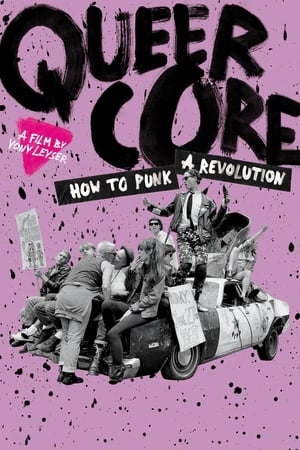 6.8
6.8Queercore: How to Punk a Revolution(en)
A documentary on Queercore, the cultural and social movement that began as an offshoot of punk and was distinguished by its discontent with society's disapproval of the gay, bisexual, lesbian and transgender communities.
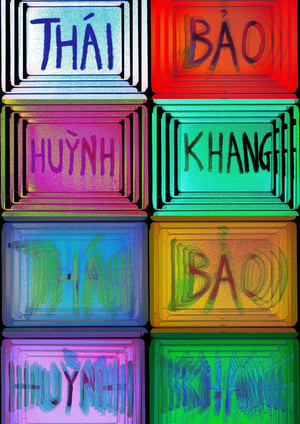 0.0
0.0THÁI BẢO HUỲNH KHANG(vi)
A trans Vietnamese woman's deadname being repeated over and over again.
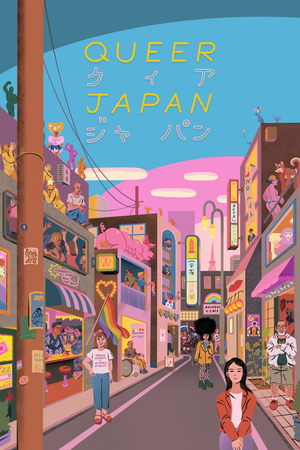 5.0
5.0Queer Japan(ja)
Trailblazing artists, activists, and everyday people from across the spectrum of gender and sexuality defy social norms and dare to live unconventional lives in this kaleidoscopic view of LGBTQ+ culture in contemporary Japan.
Das Dorf der Freundschaft(de)
A German Documentary about the “village of friendship” that was created by American Veteran George Mizo to help the Vietnamese kids suffering from the Vietnam War.
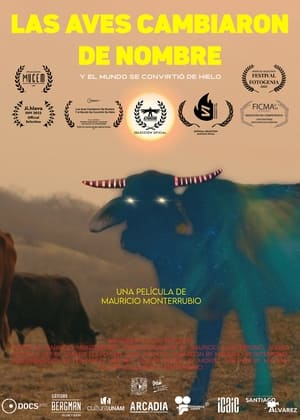 0.0
0.0The Birds Changed Names And The World Turned Into Ice(es)
Migrant families experience violence, but they also keep beautiful memories when they arrive in new lands. Fantastic and intimate stories, recalled from childhood, travel across time and space, magically intermingling with the help of the four elements and breaking the boundaries of cinema.
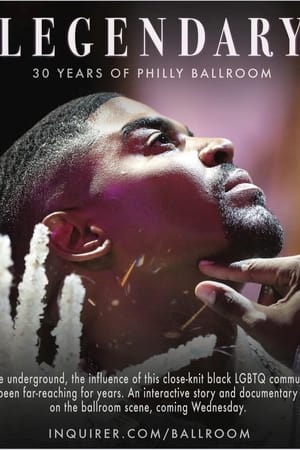 0.0
0.0Legendary(en)
An inside look into the effort to preserve Philadelphia's ballroom scene, a black LGBTQ safe-space that has endured for 30 years.
 0.0
0.0Trailblazers(en)
Alia and Muz are Pakistani-Welsh queer chosen siblings who overcome rejection and forge a path towards inclusivity. While being part of the local house ballroom scene, they soon meet Aiman, who compels them to form a trio as an Asian artist's collective in Wales. 'Trailblazers' follow their journey in reclaiming their identities, preserving their cultural heritage, and empowering Asian queer artists who refuse to let their families' rejection define them.
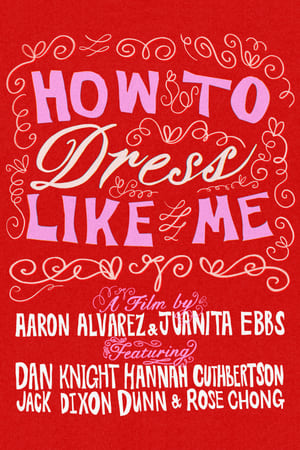 0.0
0.0How To Dress Like Me(en)
Since 1979, Rose Chong Costumiers have been dealing in elaborate and vibrant maximalist attire for hire. In 40 years, it has established itself as an iconic and legendary Melbourne staple among the Inner-North's queer scene. But neither Rose Chong's nor fancy-dress are as simple as they first seem according to Dan, one of the long-time "Chongettes" who works there. When considered with care and attention, they reveal glittering ideas of play and fun and community. From a queer lens - or rather, a mirror - this unassuming costume shop is a place where one might begin to conceive truths about themselves and their identities. How to Dress Like Me is a 5-minute documentary that contends with the intersections of play, queerness, and clothes.
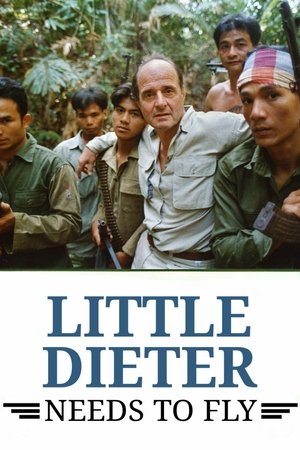 7.5
7.5Little Dieter Needs to Fly(en)
Three decades after German-American pilot Dieter Dengler was shot down over Laos, he returns to the places where he was held prisoner during the early years of the Vietnam War. Accompanied by director Werner Herzog, Dengler describes in unusually candid detail his captivity, the friendships he made, and his daring escape. Not willing to stop there, Herzog even persuades his subject to re-enact certain tortures, with the help of some willing local villagers.